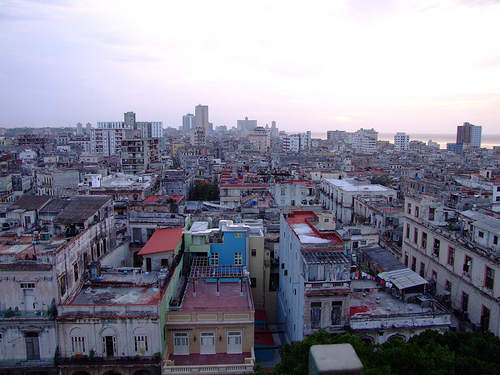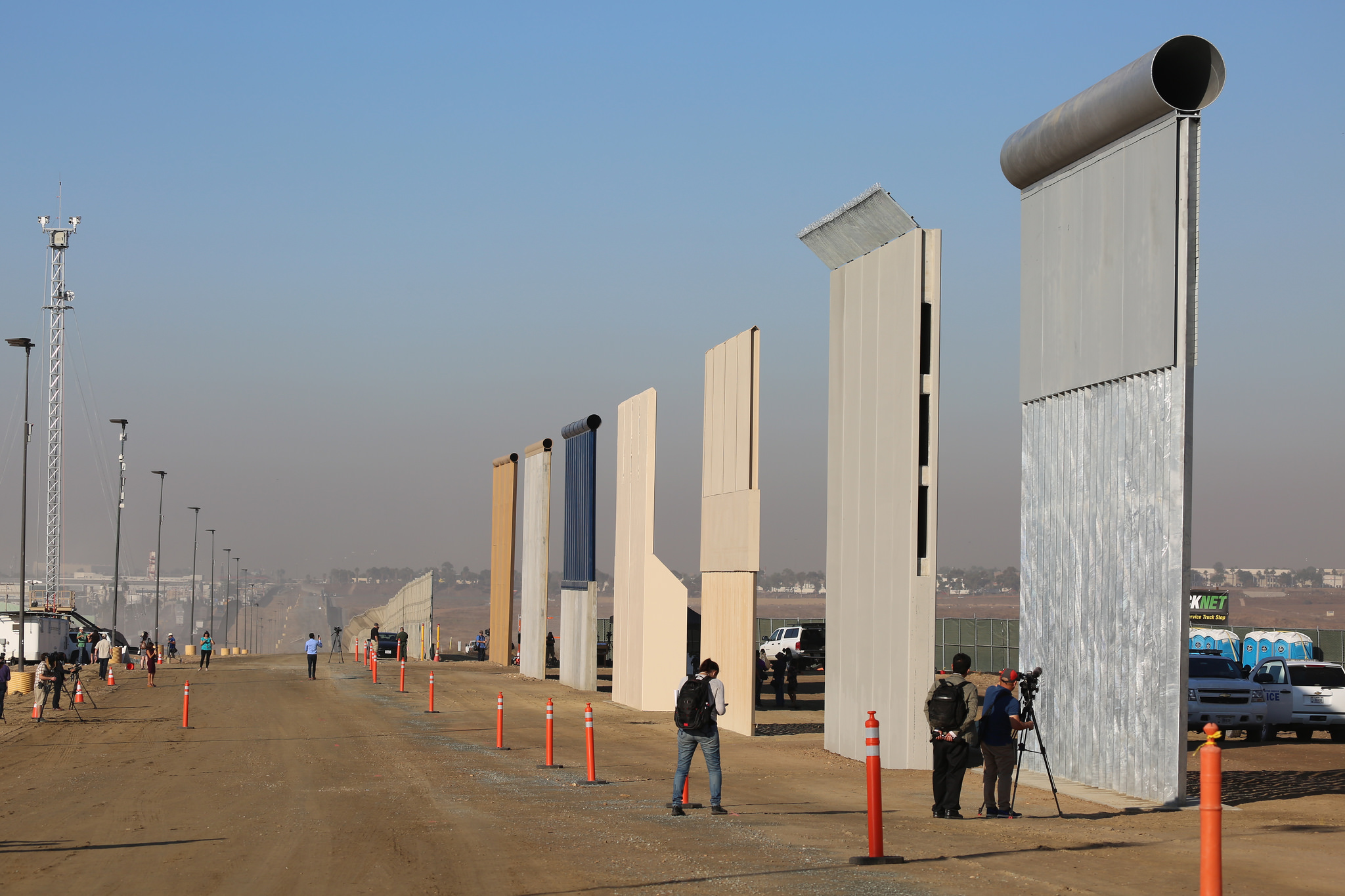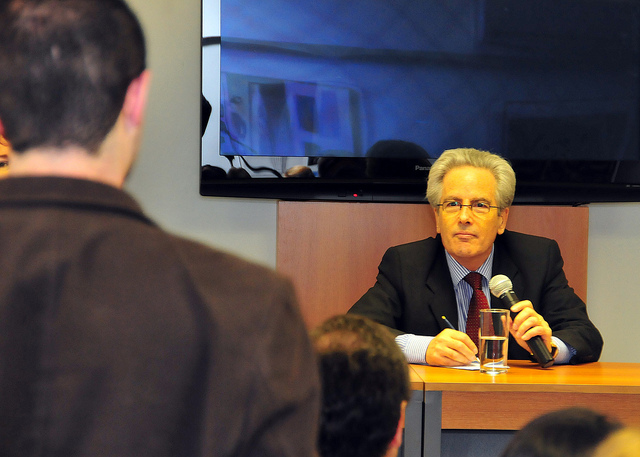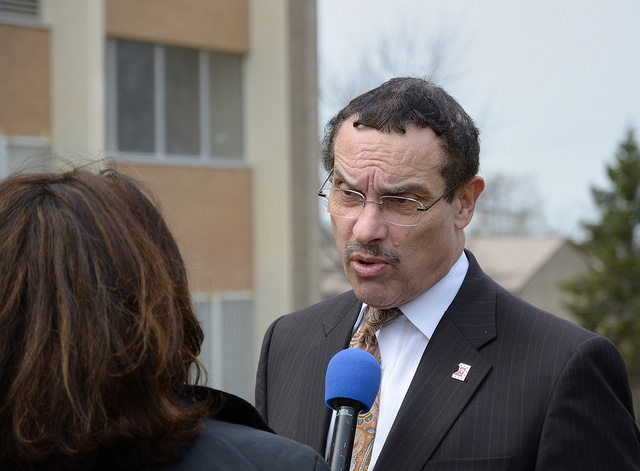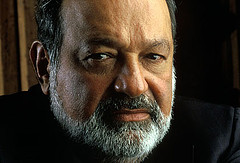
Cuba, Dispatches, United States
Cuba Experts Discuss Academic Travel to the Country for Americans
March 11, 2010 By Mike Samras
WASHINGTON — Experts and activists on Latin America criticized President Barack Obama for failing to lift restrictions on academic exchanges between the U.S. and Cuba at a conference in Washington on Tuesday.
Wayne Smith of the Center for International Policy opened the conference stressing that the panel’s focus was on analyzing restrictions on academic travel, not travel by Cuban-Americans or tourism to the island nation.
While campaigning, then-Senator Obama declared existing U.S. policy on Cuba “a failure,” and promised to change it. Three months after taking office, President Obama did remove restrictions on travel to Cuba by Cuban-Americans and allowed them to send remittance money to their relatives. Despite campaign promises, Obama left the Bush-era restrictions on academic travel to Cuba intact.
These restrictions, enacted in May of 2004 were aimed at further isolating the Cuban government in the hopes of expediting the transition to democracy on the island. The number of U.S. students in Cuba dropped from around 2,000 to fewer than 50 after the policy took effect.
However, Robert L. Muse, a Washington D.C. lawyer involved in U.S. trade and foreign direct investment law relating to Cuba, claimed the change was motivated by “political expedience” in the face of Bush’s 2004 reelection bid.
Muse noted that the investment of academic institutions in Cuba prior to 2004 was around $2 million per year, compared to the $2 billion federally sanctioned investments in currency exchanges with Cuba.
Vic Johnson of NAFSA: Association of International Educators echoed the sentiment saying the restriction is “not about policy, it’s about politics.”
Some held out hope that President Obama will eventually re-open academic exchanges.
“The reason for hope is that the retention of these restrictions serves no [U.S.] foreign policy initiative,” Johnson said, citing President Obama’s own words. During a roundtable discussion with Turkish students in Ankara last April, Obama said, “exchanges can break down the walls between us,” a quote often used by proponents of normalization of relations between the U.S. and Cuba.
Johnson also said that the Obama administration’s policy toward academic exchanges with Cuba may change because of the shifting political landscape in the U.S. “The Cuban-American community has lost their veto because they are no longer united around this issue,” Johnson said.
Many conference attendees agreed that the importance of the U.S.-Cuba relationship extends beyond those two nations. The U.S.-Cuba relationship is “extraordinarily important symbolically,” said William LeoGrande, Dean of Government in the School of Public Affairs at American University.
Image: BugMonkey @ Flickr.
About Mike Samras
Mike earned degrees in political science and journalism from the University of Pittsburgh. After graduating from college in 2006, Mike joined the Peace Corp and spent two and half years living and working in El Salvador. He is currently pursuing a master's degree in political management at George Washington University.
